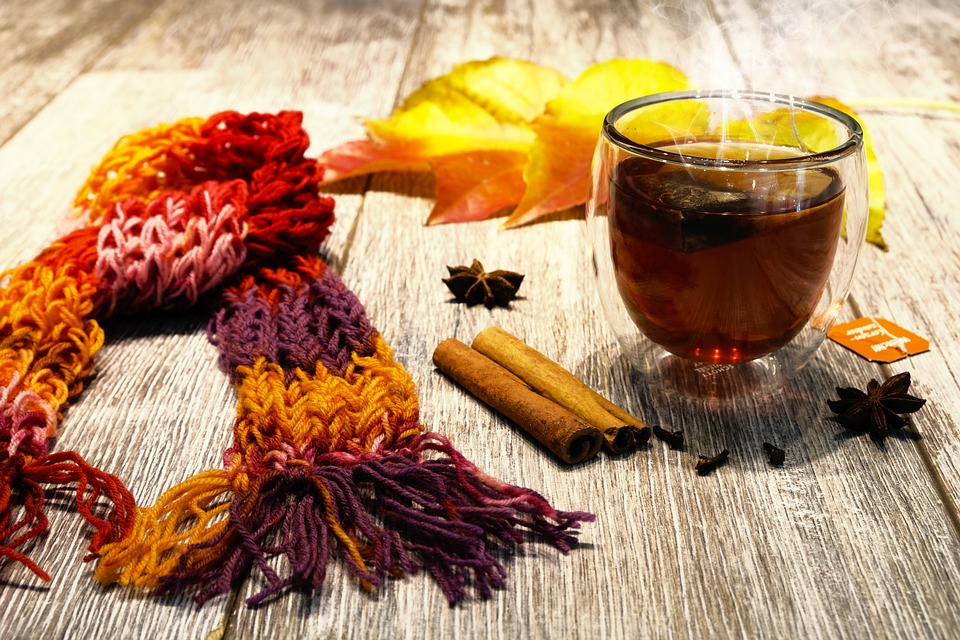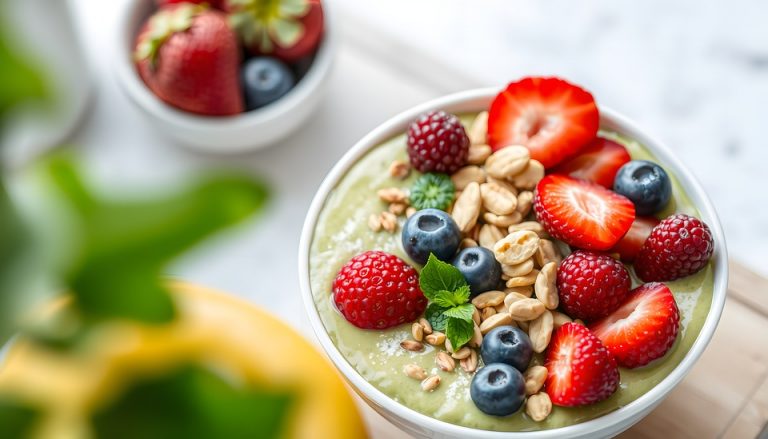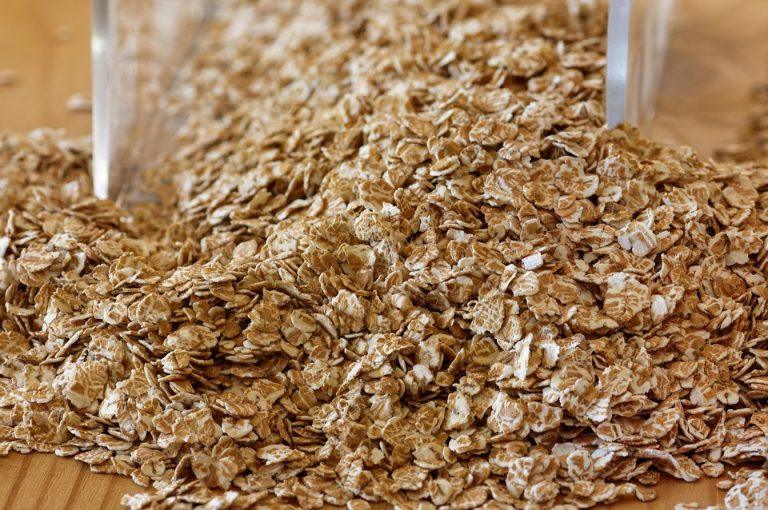Ever find yourself tossing and turning at night, staring at the ceiling while the hours slip away? You’re not alone. Sleep troubles plague many of us, and sometimes, all it takes is a warm cup of something soothing to help you drift off. One of those magical brews? Anise tea. But it’s not just about anise; let’s explore five calming teas that might just become your nighttime ritual.
Contents
1. Anise Tea: The Sleepytime Star
What is Anise?
Anise, with its sweet, licorice-like flavor, has been used for centuries in various cultures for its culinary and medicinal properties. It’s not just a pretty face in the spice cabinet; it boasts potential health benefits that could aid in sleep.
How it Works
Anise tea is made from the seeds of the anise plant (Pimpinella anisum). It contains compounds like anethole, which may have mild sedative effects. Some studies suggest that anise can help reduce anxiety and promote relaxation, making it a perfect candidate for a pre-sleep brew.
Pros and Cons
Pros:
- May help reduce anxiety (Khan et al., 2014).
- Pleasant taste and aroma.
- Easy to prepare.
Cons:
- Some people may experience allergic reactions.
- Overconsumption can lead to digestive issues.
Brewing Tips
To make a soothing cup of anise tea, simply steep a teaspoon of anise seeds in hot water for about 10 minutes. Add a bit of honey or lemon if you want to jazz it up.
2. Chamomile Tea: The Classic Choice
Why Chamomile?
Chamomile is a well-known sleep aid, often referred to as nature’s tranquilizer. Its gentle sedative effects can help calm your mind and prepare you for sleep.
How it Works
Chamomile contains apigenin, an antioxidant that binds to certain receptors in your brain, promoting sleepiness and reducing insomnia (Zick et al., 2011).
Pros and Cons
Pros:
- Widely studied with proven benefits for sleep.
- Light, floral flavor that many people enjoy.
Cons:
- May cause allergic reactions in those sensitive to plants in the daisy family.
- Not suitable for pregnant women.
Brewing Tips
Steep chamomile flowers in hot water for 5-10 minutes. Consider blending it with a bit of lavender for an extra calming effect.
3. Valerian Root Tea: The Heavyweight Champion
What is Valerian Root?
Valerian root has been used since ancient times to treat insomnia and anxiety. It’s not as mainstream as chamomile but is gaining recognition for its effectiveness.
How it Works
The root contains compounds that increase levels of gamma-aminobutyric acid (GABA) in the brain, a neurotransmitter that promotes relaxation (Miroddi et al., 2013).
Pros and Cons
Pros:
- Strong sedative effects, making it ideal for severe insomnia.
- May help improve sleep quality.
Cons:
- Some people report a funky aftertaste.
- Not recommended for long-term use.
Brewing Tips
Use dried valerian root and steep for 10-15 minutes. Pair it with honey or lemon to mask the taste.
4. Lavender Tea: The Aroma Advantage
Why Lavender?
Lavender isn’t just for fancy sachets; its calming aroma is known to help reduce anxiety and improve sleep quality.
How it Works
Studies show that the scent of lavender can significantly improve sleep quality and reduce insomnia symptoms (Huang et al., 2015). Drinking lavender tea can have similar effects, as it contains compounds that promote relaxation.
Pros and Cons
Pros:
- Pleasant floral aroma.
- Can be used in various forms (tea, essential oil, sachets).
Cons:
- Some may find the flavor too strong or floral.
- Can cause allergic reactions in sensitive individuals.
Brewing Tips
Steep dried lavender flowers in hot water for about 5 minutes. Mixing it with chamomile can create a delightful blend.
5. Peppermint Tea: For the Digestive Soother
Why Peppermint?
While peppermint tea is often associated with digestion, it also has calming properties that can help prepare you for sleep.
How it Works
Peppermint contains menthol, which can relax muscles and may help reduce tension, making it easier to fall asleep (Khan et al., 2014).
Pros and Cons
Pros:
- Refreshing taste.
- Can help with digestive issues, which is a plus if you’ve had a heavy dinner.
Cons:
- Not ideal for those with acid reflux, as it may exacerbate symptoms.
- Can be stimulating for some, making it less effective for sleep.
Brewing Tips
Steep fresh or dried peppermint leaves in hot water for about 5-7 minutes. Add a bit of honey for sweetness.
FAQs
1. Can I combine these teas for better results?
Absolutely! Blending teas can create a unique flavor profile and enhance the calming effects. Just be mindful of how each ingredient affects you.
2. How long before bed should I drink these teas?
Aim to drink your tea about 30-60 minutes before bed. This allows time for relaxation and for your body to process the liquid.
3. Are there any side effects to these teas?
While most herbal teas are safe, some individuals may experience allergic reactions or digestive issues. It’s best to start with a small amount and see how your body reacts.
4. Can children drink these teas?
Some teas, like chamomile and peppermint, are generally considered safe for children. However, always consult a pediatrician before introducing new herbal remedies.
Conclusion
In a world where sleep can feel elusive, incorporating soothing brews into your nighttime routine might just be the gentle nudge you need to drift off peacefully. Whether you choose anise tea for its unique flavor or stick with the classics like chamomile, there’s a calming herbal tea out there for everyone.
So, the next time you find yourself counting sheep, consider brewing a cup of one of these delightful teas. Your body and mind will thank you.
This article is for educational purposes only and is not a substitute for professional medical advice. Always consult a qualified healthcare provider before making changes to your health routine.
References
- Khan, M. F., et al. (2014). Effects of herbal teas on sleep quality: A systematic review. Journal of Herbal Medicine, 4(3), 93-99. Link
- Zick, S. M., et al. (2011). Chamomile (Matricaria chamomilla L.) for generalised anxiety disorder: A randomized controlled trial. Journal of Clinical Psychopharmacology, 31(3), 276-280. Link
- Miroddi, M., et al. (2013). Valerian and its effects on sleep: A review. Phytotherapy Research, 27(3), 329-335. Link
- Huang, Y. H., et al. (2015). The effect of lavender aroma on sleep quality and anxiety in patients with insomnia: A systematic review. Journal of Alternative and Complementary Medicine, 21(7), 458-465. Link
Get Your FREE Natural Health Guide!
Subscribe now and receive our exclusive ebook packed with natural health tips, practical wellness advice, and easy lifestyle changes, delivered straight to your inbox.





